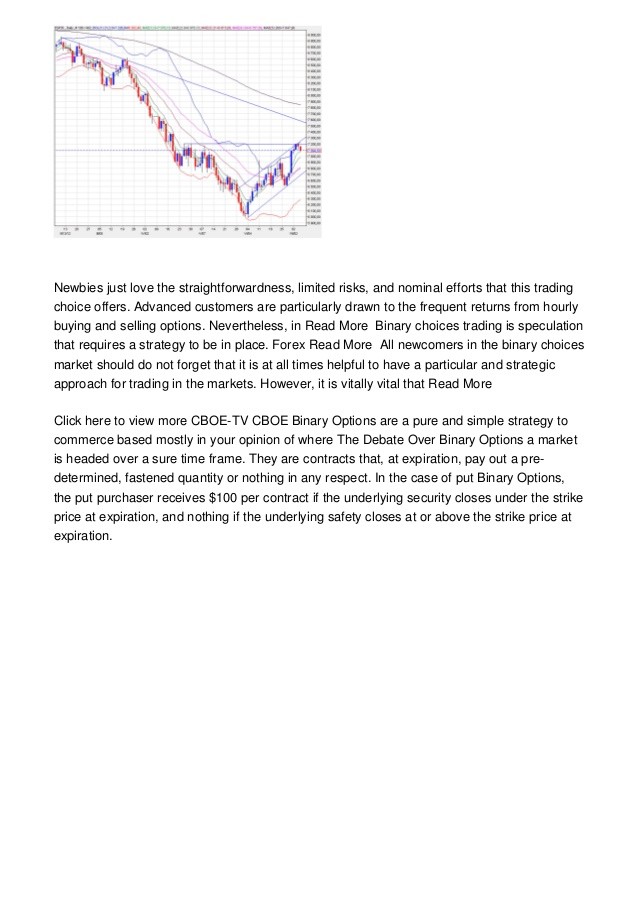Disadvantages of Trading ETFs Financial Web
Post on: 8 Апрель, 2015 No Comment

Trading ETFs has become a popular investment strategy and it can provide you with several benefits. At the same time, there are a few potential drawbacks with this type of investment. Here are some of the disadvantages of trading ETF’s.
Trading Fees
Trading ETF’s is done through a stock exchange just like trading stock. If you want to buy a share of an ETF, you will get onto your brokerage account and make a purchase. While this is extremely convenient and allows you to buy and sell quickly, you are going to have to pay trading fees for this convenience. Just like you pay commissions with stock purchases, you are going to have to pay commissions to your brokerage when you purchase ETF’s. If you are an active trader, you are going to find that these fees will add up very quickly. By comparison, you could potentially get into a no-load mutual fund and you would not have to pay money every time that you invest.
Underlying Fluctuations
Another potential disadvantage of trading ETF’s is that your investment could suffer from underlying fluctuations. Many ETF’s actively track particular sectors of the market. In order to do this, they are going to have to hold many different stocks. When this happens, the stocks of a particular sector or industry could fluctuate quite a bit. This would make the price of the ETF fluctuate as well.
Liquidity
There are many ETF’s that have a large number of active traders buying and selling them everyday. At the same time, there are several other ETF that do not have as much volume. You do this, the liquidity can suffer. You may find that there are large spreads between the bid and ask prices of these types of ETF’s. This is going to add to the cost of trading this type of security and make it more difficult to make a profit.
Capital Gains Distributions
In some cases, ETF’s are going to hang onto the profit that is generated by trading and use it to invest in more assets. Other ETF’s do not handle things as efficiently and distribute the capital gains to the investors. When this happens, investors are going to have to pay some type of capital gains taxes on the amount that they receive. Depending on how long you have been in the fund, you could pay long-term or short-term capital gains taxes on these distributions.
Frequent Investing
There are several investment strategies that utilize frequent investment in order to be successful. Dollar cost averaging is one of the most common examples of this type of strategy. In order to be successful, you have to be able to make many small purchases on a regular basis. With ETF’s, this type of trading is not going to be ideal. Since you have to pay a commission every time that you make a purchase, you are going to be eating it too much of your investment dollars with fees. Using a no-load mutual fund would be a better choice.
$7 Online Trading. Fast executions. Only at Scottrade














